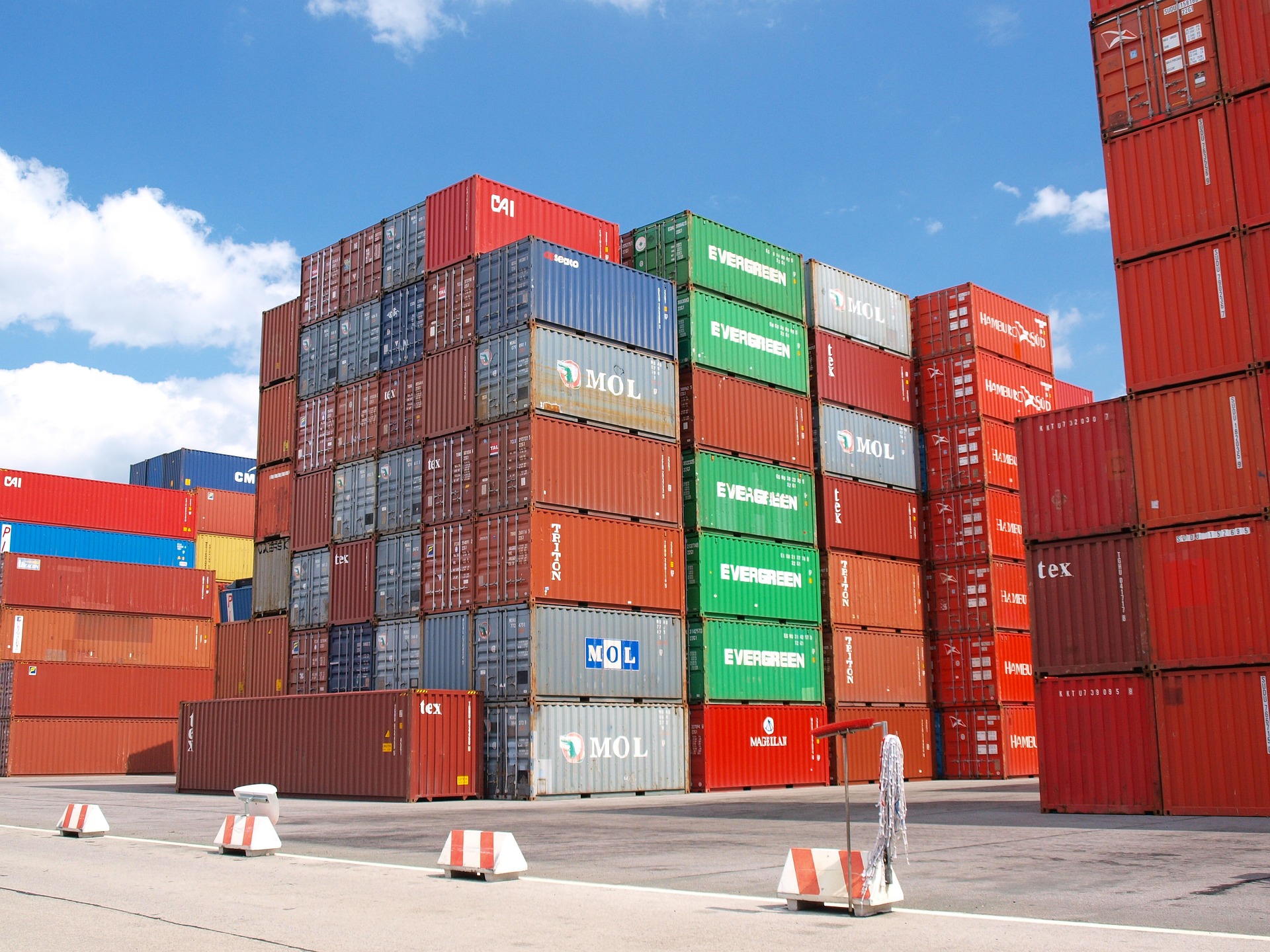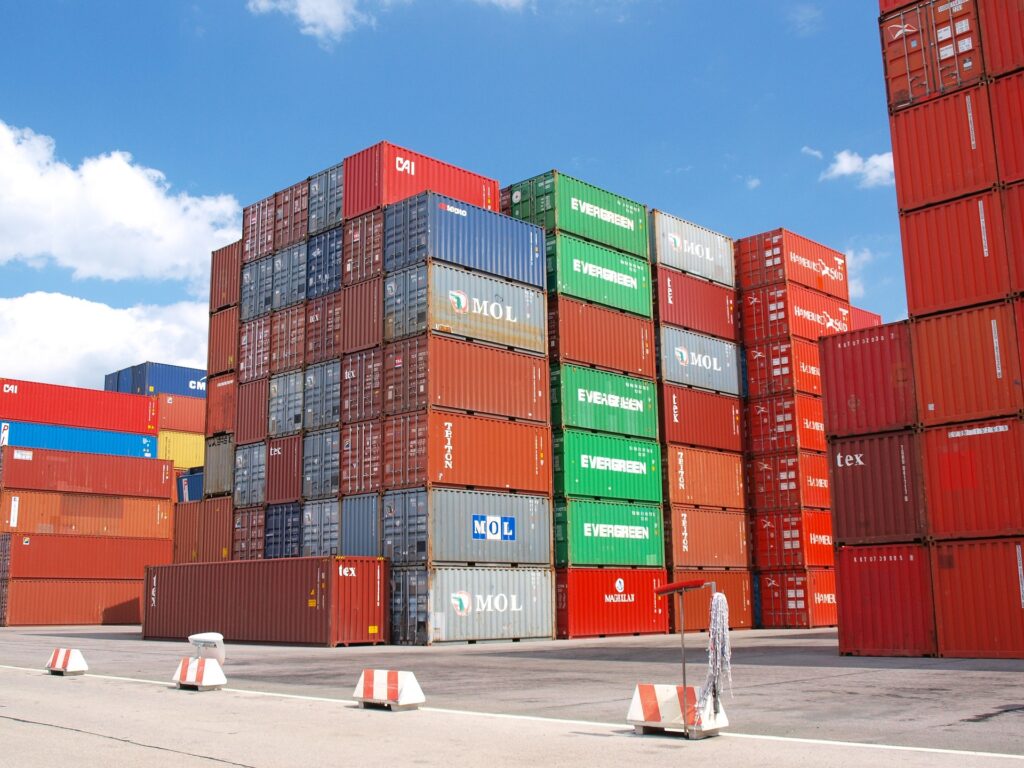
Image: Pixabay
Nearly 40 bulk carriers were parked in Istanbul in areas that were used for inspections by a joint inspection team representing Russia, Ukraine and Turkey, as well as the UN, analysis by global trade analytics platform Kpler showed.
About three-quarters of those ships have already called through the corridor, Kpler added. “It is likely that there are other vessels waiting outside these zones or currently en route to the inspection areas,” said Alexis Ellender, principal dry bulk analyst at Kpler. “Pivdennyi accounted for 35% of shipments through the corridor and until it restarts shipments, trade will struggle to return to previous levels.”
{module Form RD}
Earlier this week, Ukraine accused Russia of effectively cutting off its Pivdennyi port from the grain deal. Russia did not respond to Kiev's comments. Ukraine said last week that 62 ships were awaiting inspection. “I hope to see Russia continue with slow inspections. It currently only allows a limited number of ships to move to two of the three approved ports,” said Arlan Suderman, chief commodities economist at financial services group StoneX.
Inspections are required for each ship before it can enter one of the three ports covered by the agreement, which also include Odesa and Chornomorsk. The average length of a trip has been estimated at just over 28 days, according to space data analytics provider Spire.
The number of cargo orders – global requests for ships available to transport grain from Ukraine – reached 376 in May, up from 370 orders in April, according to a separate analysis by maritime and commodities data platform Shipfix. Data from Shipfix showed that shipment size fell from around 15,000 tonnes in April to just over 10,000 in May, as the uncertain situation led traders to be cautious about ordering. Cargo orders for June onwards were seen at 50 at present, Shipfix said.
Source: Seane Lennon | agrolink











